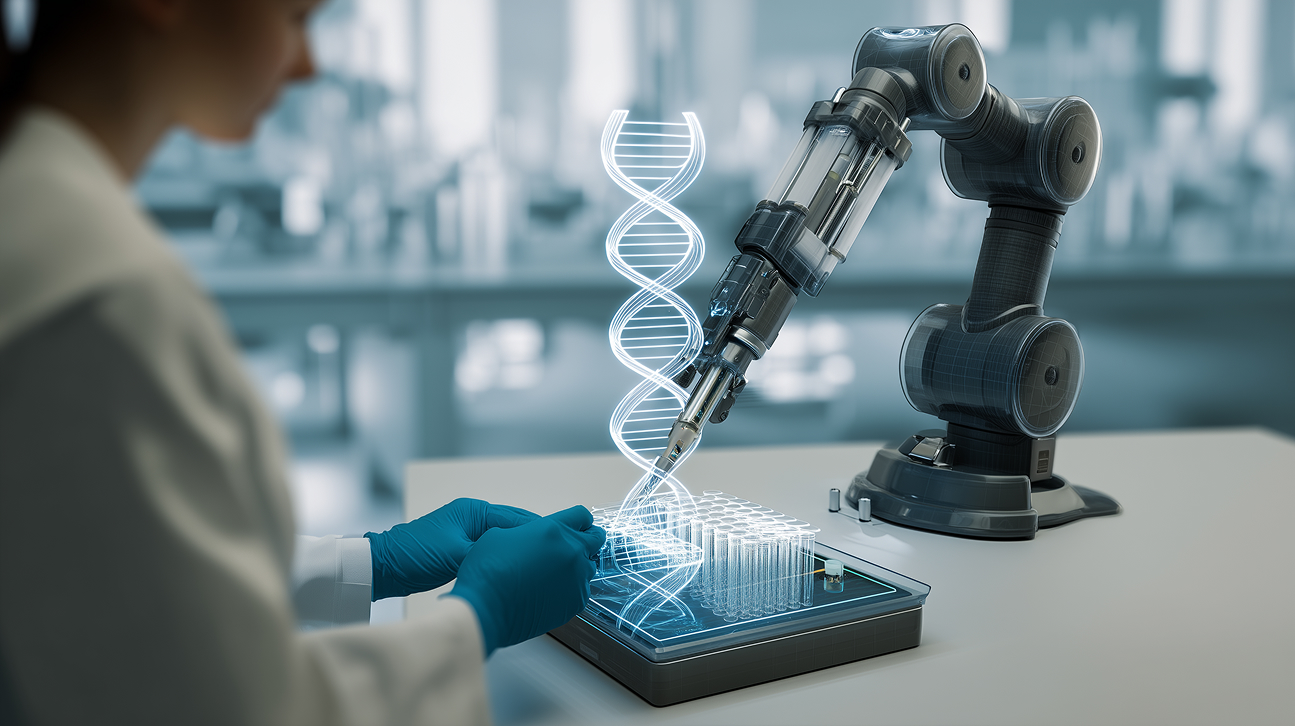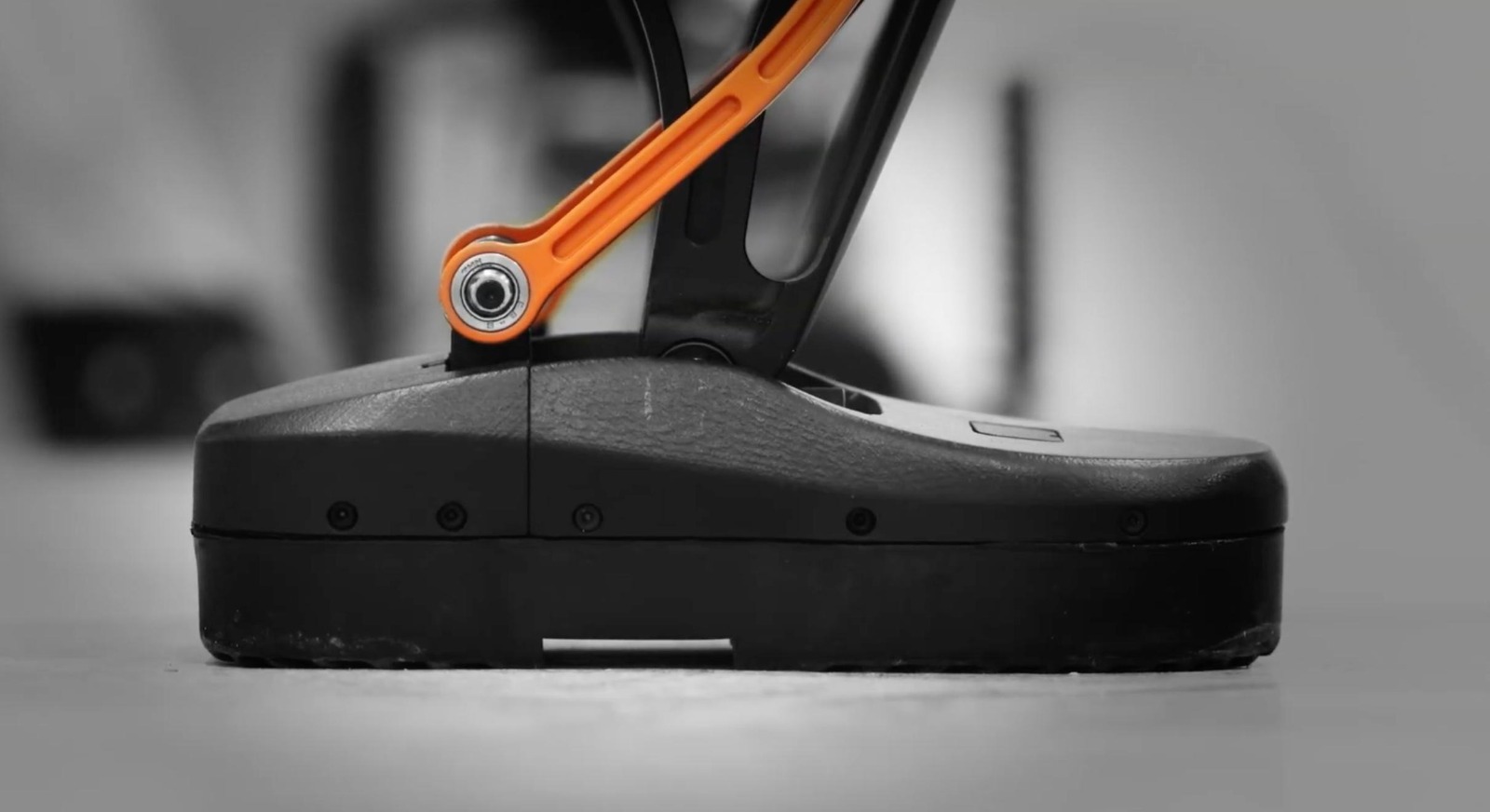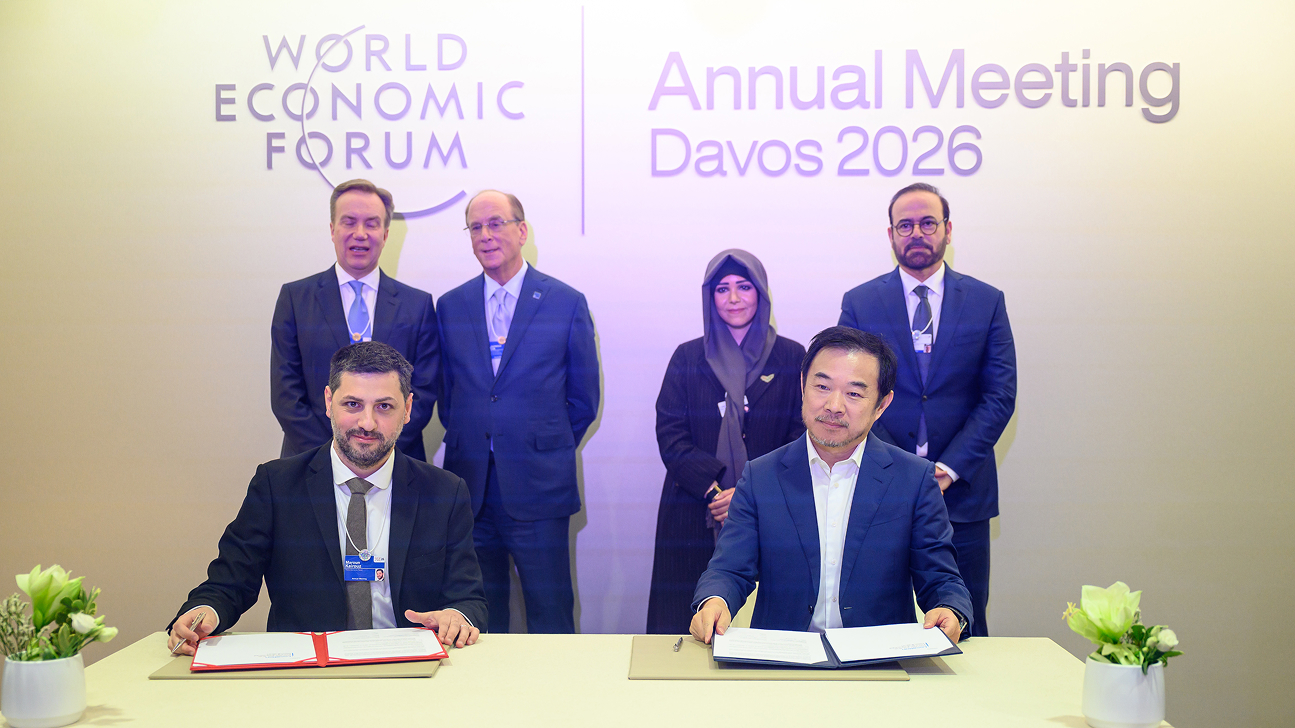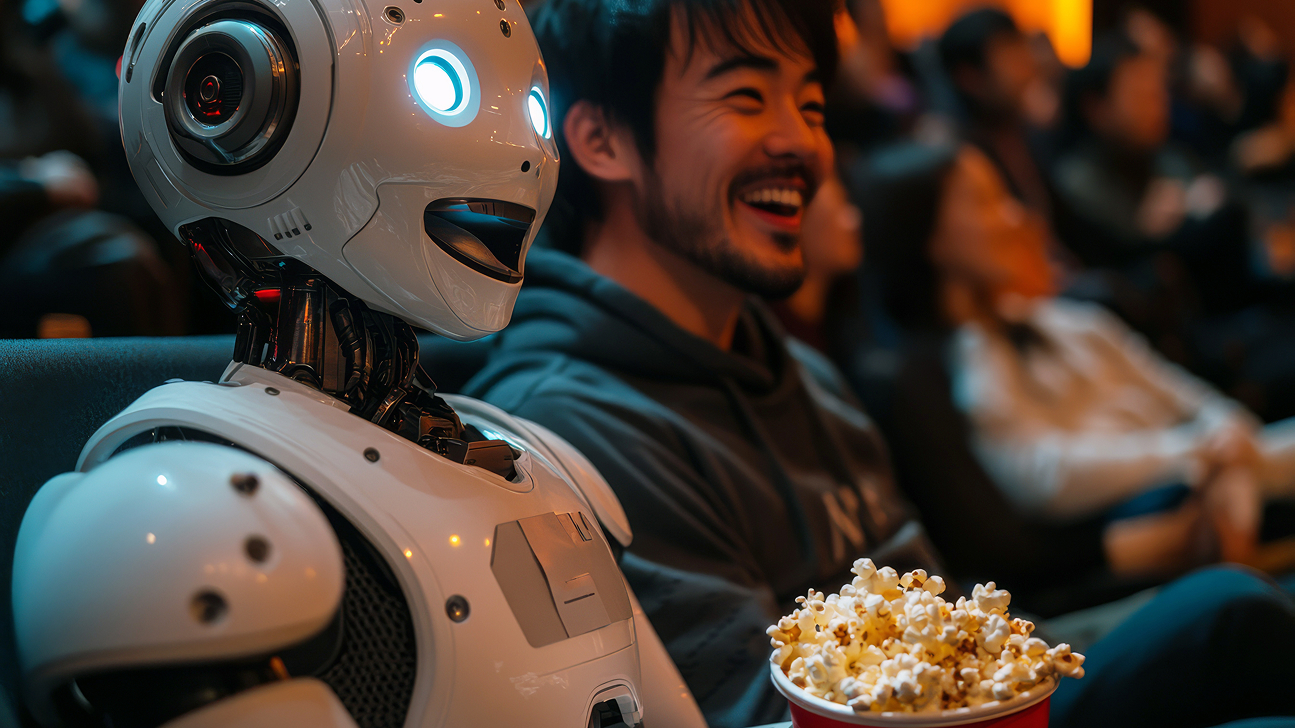AI and robotics poised to transform scientific discovery, say global experts
Thursday, September 25, 2025

A globally connected ecosystem of autonomous laboratories could redefine how science is conducted, accelerating discovery while lowering barriers to participation, according to a new expert viewpoint published in leading journal, Science Robotics.
The article, titled ‘Accelerating Discovery in Natural Science Laboratories with AI and Robotics: Perspectives and Challenges’ brings together leading voices from academia, industry, and government to explore how AI, robotics, and laboratory automation can drive breakthroughs in chemistry, biology, and materials science. With authors from Mohamed Bin Zayed University of Artificial Intelligence (MBZUAI), University of Liverpool, Technical University of Munich (TUM), University of Toronto and other world-leading organizations, it highlights both the transformative potential and the technical and societal challenges of these technologies.
“By integrating robotics and AI, we are reimagining the scientific process,” said Sami Haddadin, Professor of Robotics and Vice President for Research at MBZUAI, and co-author of the paper. “With scientists in the loop, lab automation can become a powerful partner in accelerating discovery and enabling breakthroughs across scientific disciplines, such as biology, chemistry, biophysics and beyond.”
The paper, envisions “closed-loop” labs where AI designs experiments, robots execute them, and machine learning analyzes results to refine future iterations. This approach could cut discovery timelines from years to months.
“Through close interdisciplinary exchange between roboticists, chemists, and life scientists, we can design intelligent assistants that truly work alongside researchers, adapt to new protocols, and accelerate discovery while ensuring that these technologies remain safe and accessible to labs worldwide.” said Dennis Knobbe, co-author of the paper and Research Associate at TUM.
The researchers propose a framework for designing next-generation laboratories, emphasizing human–machine partnership, modular and flexible systems, AI-driven planning, digital twins to enhance accuracy and efficiency, vendor-neutral standards for scale, and responsible automation guided by ethics and regulation. Above all, they stress that labs must remain human-centered – amplifying rather than replacing scientific expertise.
Supporting a new age of innovation
A major barrier to progress is the lack of standardized data formats, hardware protocols, and interoperable software. AI in science depends on high-quality datasets that are FAIR (Findable, Accessible, Interoperable, Reusable) yet many labs fall short. The authors call for shared platforms, international standards such as SiLA, and global consortia like the Acceleration Consortium. They also advocate for “science as a service” models, enabling researchers worldwide to access cloud-connected lab capabilities remotely.
“Today’s labs already showcase automation’s potential, from optimizing processes like spray coating to performing precise, routine tasks such as ISO-standard pipetting in cell culture.” Haddadin added. “These examples demonstrate how automation can handle both complex optimization and repetitive work, freeing scientists from mundane tasks to focus on scientific discovery. Here at MBZUAI, we believe that this combination of artificial intelligence and robotics for accelerated scientific research will support a new age of global scientific and technological discovery and innovation.”
Looking ahead, the authors envision autonomous labs that are globally connected, cloud-enabled, and collaborative. Beyond running experiments, these systems could generate and test new hypotheses, refining scientific models in real time. Grounded in human expertise but powered by intelligent automation, such self-driving labs have the potential to dramatically accelerate scientific progress.
The viewpoint article was published in Science Robotics on September 24, 2025.
Related
MBZUAI and Minerva Humanoids announce strategic research partnership to advance humanoid robotics for applications in the energy sector
The partnership will facilitate the development of next-generation humanoid robotics tailored for safety-critical industrial operations.
Read MoreMBZUAI signs agreement with World Economic Forum as Centre for the Fourth Industrial Revolution (C4IR)
MBZUAI will launch the Centre for Intelligent Future as a global platform – connecting AI research with.....
- World Economic Forum ,
- partnership ,
- WEF ,
- social ,
- economic ,
- humanity ,
AI and the silver screen: how cinema has imagined intelligent machines
Movies have given audiences countless visions of how artificial intelligence might affect our lives. Here are some.....
- cinema ,
- art ,
- fiction ,
- science fiction ,
- artificial intelligence ,
- AI ,


